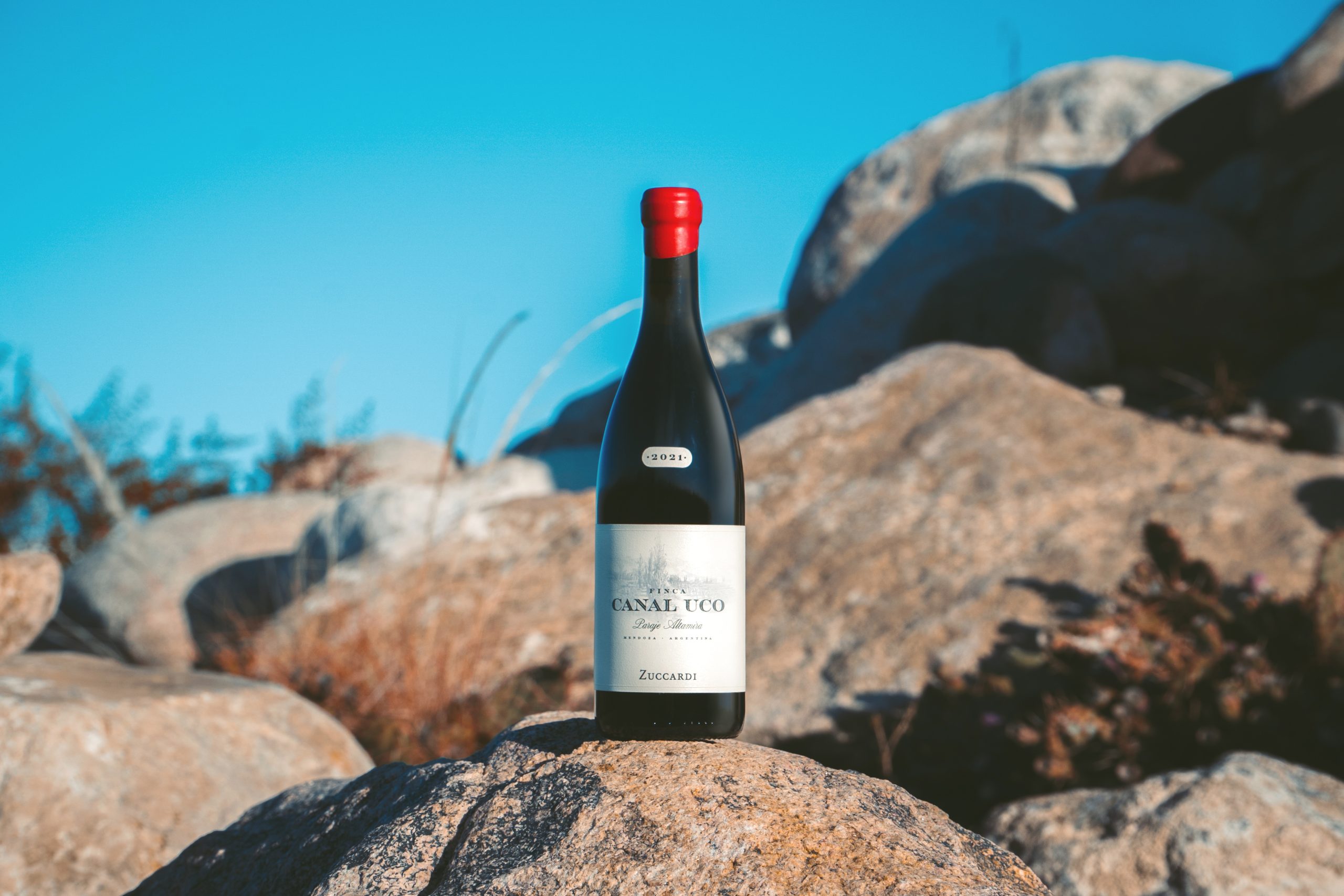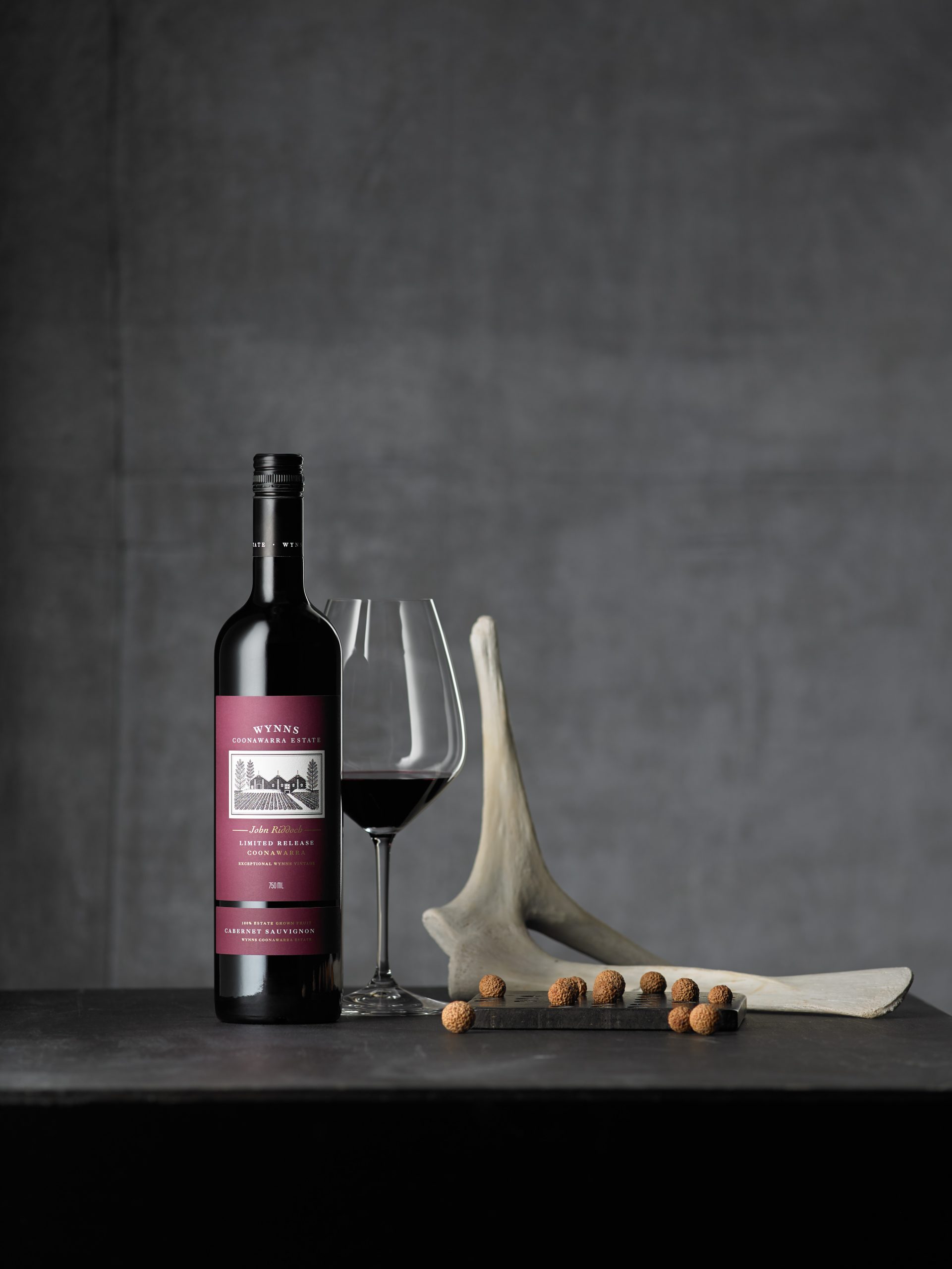Suppliers to on-trade need more support from UK government during Covid lockdown
Suppliers of drinks to the on-trade should be given the same government support as those in the hospitality sector during and after the coronavirus lockdowns, according to Miles Beale, chief executive at Wine & Spirit Trade Association (WSTA).
It has been widely reported that the current Covid-19 measures in the UK, which have seen the entire hospitality sector closed to drinkers and diners during a lockdown, is potentially ruinous for bars, pubs and restaurants.
What appears to be less widely recognised, or at least under appreciated by the Government, believes Beale, is the fact that a closed down hospitality sector has a massive effect on those who supply this part of the market.
In essence, if you are a drinks supplier exclusively or primarily to the on-trade, then your business will be affected in the same way as the hospitality sector – your sales will disappear, overnight.
Beale explained, “If you are supplying into the on-trade and that’s 100% of your business – why shouldn’t you be considered a hospitality business? Why shouldn’t you have access to the loans they do? …Or business rates relief? That’s where I think some of our members are getting far less help than they need.”
As part of the WSTA’s 3-point plan announced last week, he is also lobbying the UK Government to employ the same approach to excise duty as it does to VAT, and implement a duty deferment scheme.
The WSTA has argued that spreading duty payments from the summer over the remainder of the year would result in no loss of revenue to the Exchequer, but would provide a vital and welcome cash injection to businesses. This would help them to tackle the cashflow crisis, which is the single largest challenge for many businesses in the sector, especially the smallest.
Beales told db, “The cash flow element is particularly acute for a business in our industry because of the additional burden of excise duties – and if you are heavily dependent on the on-trade where cash is so important, then you have a double hurdle to overcome – and the government doesn’t understand that well.”
In essence, Beale is adamant that support for hospitality must be extended to on-trade suppliers – a point that he is making to all parts of the UK Government, and one he suggests WSTA members make to their MPs.
He said, “The Government has been clear the Chancellor’s ‘time to pay’ approach can be extended to excise duty, but individual companies need to make their own arrangements directly with HMRC.”
Continuing, he commented, “Reduced cashflow is a real challenge for the hospitality sector, particularly for all on-trade retailers and suppliers. This is exacerbated by demands to pay excise duty, with no money coming in and bills stacking up this is a real issues for businesses, especially SMEs.”
He added, “For this reason the WSTA is lobbying hard for the government to clarify that support for the hospitality industry, includes suppliers – especially to local authorities who are making decisions about who does or does not qualify for business rate exemptions and grants.”
Concluding, he said, “The government’s intention to maintain social distancing in the hospitality sector for longer than other parts of the economy means that hospitality businesses – and very much suppliers as much as retailers – will need additional support for longer. The WSTA will be urging its members to write to their MPs to help us make this case.”
For instance, Master Sommelier Matt Wilkin, who co-founded H2Vin 10 years ago to supply wines to fine restaurants in the UK, especially London, has seen his sales drop off a cliff due to the coronavirus lockdown.
Partner Content
As he told db last week, 95% of his business has disappeared since the hospitality sector was shuttered, exacerbated by the fact that many independent restaurants and large catering groups have told Wilkin that they won’t be paying their outstanding invoices (some dating back as far as November/December last year) until the lockdown is lifted.
To keep the business going, and so he can pay his wine-producing suppliers, H2Vin is providing home delivery for consumers during the Covid-19 lockdown with a range of mixed-case offers, which you can view here.
Similarly, but on a larger scale, Miles MacInnes, who is the managing partner at Jascots, told db, “We are an on-trade specialist wine merchant and our sales went from 85% of normal on Friday 13 March to zero on Tuesday 17, with our beloved customers facing the heart-breaking necessity to close their doors.”
Like H2Vin, in an attempt to keep some cash coming into the business, Jascots has turned into a home-delivery wine merchant, “offering our normal trade prices to isolated wine lovers”, according to MacInnes.
It should be mentioned that it’s not just the suppliers to the on-trade that are severely affected by the lockdown, but the producers too, particularly those who specialise in the restaurant sector.
As db reported yesterday, leading Slovenian producer Puklavec has “lost all” of its on-trade business in Europe, which is adversely affecting its sales of finer wines, which go into restaurants, as opposed to retailers – the sales surge in the latter sector is mainly among mid-priced drinks.
Read more
WSTA CALLS ON CHANCELLOR TO SUPPORT WINE & SPIRIT TRADE WITH NEW 3-POINT PLAN
FIVE RESTAURANT WINE SPECIALISTS NOW OFFERING UK HOME DELIVERY
PRODUCER VIEWS COVID-19 WINE MARKET ‘WITH A SMILE AND A TEAR’




